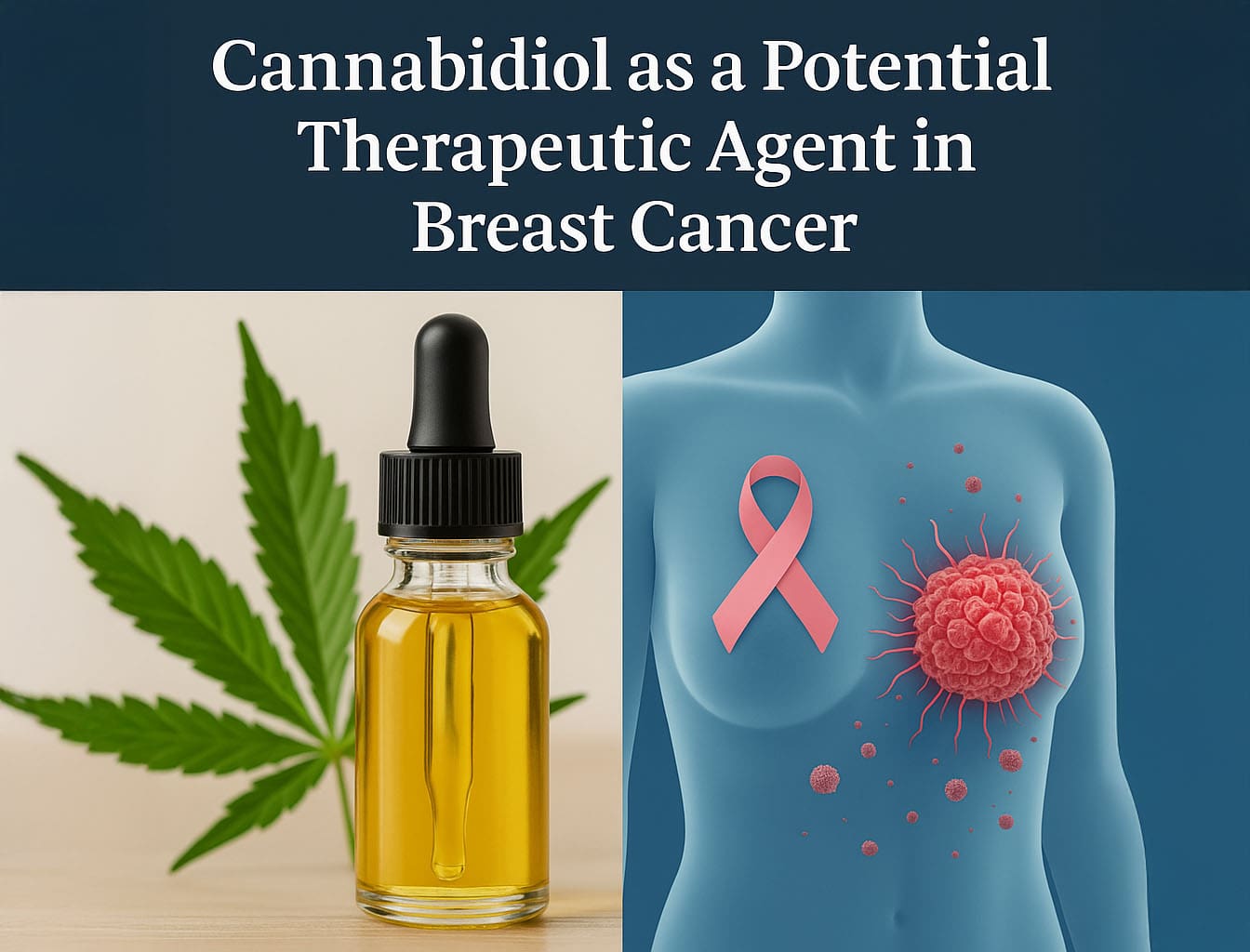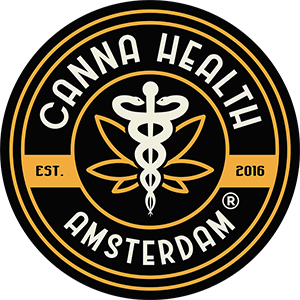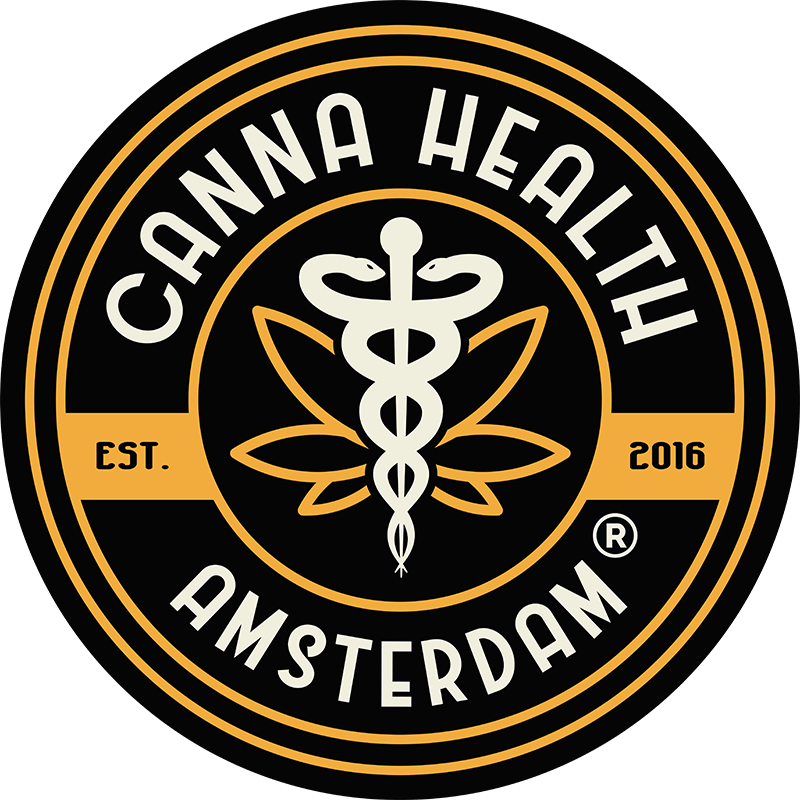
Blog
Cannabidiol as a Potential Therapeutic Agent in Breast Cancer

Introduction
Breast cancer remains one of the most common cancers worldwide, presenting significant challenges due to its varied subtypes and frequent resistance to existing therapies. Recent research is increasingly exploring cannabidiol (CBD), a non-psychoactive compound from Cannabis sativa, for its possible role as an adjunct in breast cancer treatment (BMC Cancer, 2025).
Evidence from Research
A systematic review of studies between 1998 and 2025 identified 34 publications focusing on CBD’s role in breast cancer (BMC Cancer, 2025). Findings revealed that CBD can:
- Induce apoptosis (programmed cell death in cancer cells).
- Inhibit proliferation (reducing uncontrolled cell growth).
- Suppress metastasis (limiting cancer spread).
- Modulate tumor microenvironment, making conditions less favorable for cancer survival.
Mechanistically, CBD acts on pathways such as PI3K/Akt, mTOR, and PPARγ, and interacts with both cannabinoid (CB1, CB2) and non-cannabinoid receptors (BMC Cancer, 2025).
CBD and Triple-Negative Breast Cancer
CBD showed the most promising preclinical results in triple-negative breast cancer (TNBC), an aggressive subtype with limited treatment options. By targeting multiple cellular pathways, CBD demonstrated potential to slow disease progression and improve treatment outcomes in TNBC models (BMC Cancer, 2025).
Clinical Evidence
Clinical trials remain limited but indicate CBD could support conventional therapies by:
- Reducing tumor-related inflammation.
- Enhancing quality of life.
- Potentially acting synergistically with chemotherapy.
However, most findings are preliminary and require larger, controlled clinical trials for confirmation (BMC Cancer, 2025).
Challenges and Future Directions
Despite encouraging preclinical results, challenges remain:
- Variability in study design and dosing.
- Lack of standardized protocols.
- Limited human trial data.
Future research should prioritize robust clinical trials, identification of predictive biomarkers, and exploration of combinatorial therapies to integrate CBD into personalized cancer treatment (BMC Cancer, 2025).
Conclusion
CBD shows significant promise as a therapeutic agent in breast cancer, particularly for aggressive subtypes like TNBC. While existing data highlight its anticancer mechanisms and potential synergy with established treatments, more clinical research is needed before CBD can become a standard part of oncology care.
FAQ
Is CBD currently approved for breast cancer treatment?
No. CBD is not an approved cancer treatment but is being studied as a complementary therapy.
Can CBD replace chemotherapy or radiotherapy?
No. Current evidence suggests CBD may support these treatments, not replace them.
What makes CBD effective in TNBC?
Its multi-targeted mechanisms allow it to affect pathways often resistant to conventional therapies.
What research is needed next?
Well-designed human clinical trials to confirm safety, dosage, and therapeutic outcomes.
Disclaimer: This blog is for informational and educational purposes only. We review and reference available studies and reputable sources; however, content may not reflect the most current research or regulations and should not be taken as medical, legal, or professional advice. We do not make or imply health claims. Products mentioned are not intended to diagnose, treat, cure, or prevent any disease and statements have not been evaluated by EFSA or the FDA. Effects can vary between individuals. Always consult a qualified healthcare professional before use and verify that any product or ingredient is lawful in your jurisdiction.



